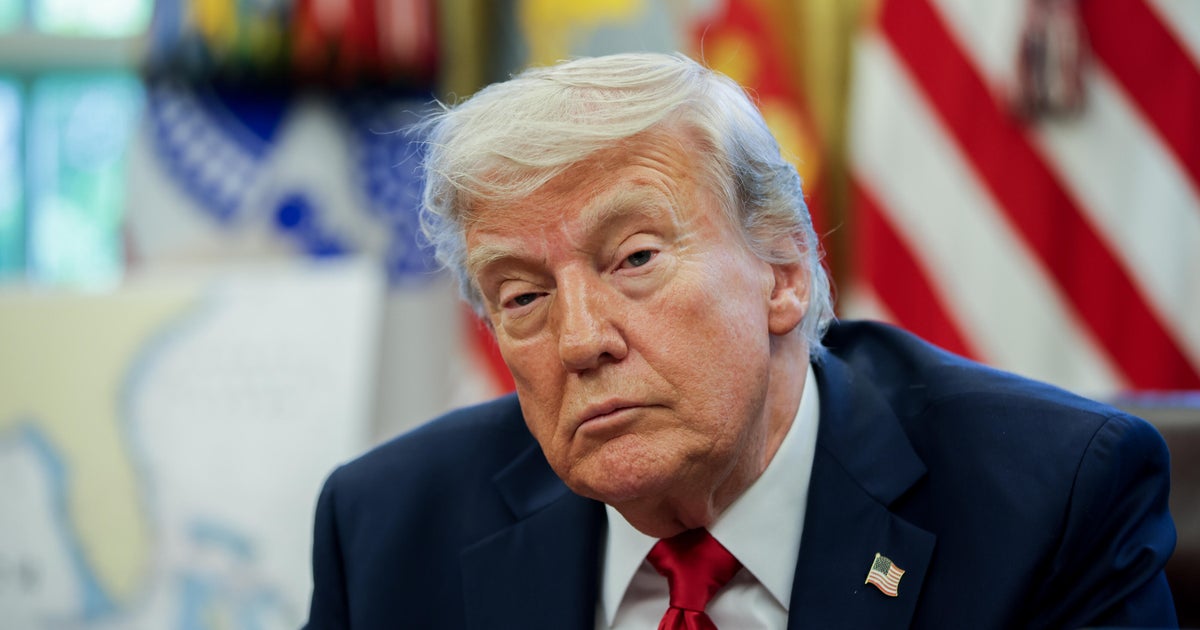In a significant legal development that underscores the boundaries of presidential powers under U.S. law, federal courts from New York to Colorado have taken a stand against the Trump administration’s attempted use of the Alien Enemies Act of 1798 to deport noncitizens.
On a recent Tuesday, U.S. District Judge Alvin Hellerstein, based in the Southern District of New York, issued a 22-page ruling that blocked the forced removal of Venezuelan migrants under a proclamation issued by President Trump. The proclamation had sought to deport members and alleged affiliates of the Venezuelan gang Tren de Aragua, citing their involvement in what was described as acts of invasion and predatory incursion under the terms set forth in the Alien Enemies Act. This law, rarely used and dating back to the late 18th century, grants the president broad powers to detain and deport foreign nationals when the U.S. is engaged in a declared war, or facing an invasion or predatory incursion from a foreign nation.
Judge Hellerstein, appointed by former President Bill Clinton, scrutinized the Trump administration’s interpretation and application of the Alien Enemies Act. He concluded that the conditions for legitimately invoking the Act—namely a state of war or invasion—were not met, and thus, the Act could not support the proclamation targeting Venezuelan nationals. His decision encapsulates a significant judicial check on the scope of executive power, particularly concerning immigration and national security.
As a result of Judge Hellerstein’s ruling, the specific noncitizens detained within his jurisdiction would not face deportation under the Alien Enemies Act, though they could still be processed under other existing immigration laws, notably the Immigration and Nationality Act.
Meanwhile, almost simultaneously, another ruling emanated from Colorado, where Judge Charlotte Sweeney also issued an order blocking the deportation of migrants under the same proclamation. Appointed by President Joe Biden, Judge Sweeney went a step further in her criticism of the administration’s rationale. Her written decision emphatically rejected the notion that the judiciary should have no role in examining the basis on which the Alien Enemies Act was invoked, deeming such a claim as significantly flawed legally and constitutionally.
The cascade of judicial rebukes didn’t end there. Days prior, U.S. District Judge Fernando Rodriguez in southern Texas—a Trump appointee himself—delivered a similar judgment. Judge Rodriguez also declared the administration’s use of the Act to expel Venezuelan migrants unlawful. This series of federal court decisions forms part of a broader reaction to a previous Supreme Court ruling that allowed for deportations under this archaic law yet underscored the necessity for procedural fairness, including proper notices and the opportunity for detainees to challenge their confinement.
Critically, these legal challenges and subsequent rulings have brought into sharp relief the controversial use of the Alien Enemies Act in contexts distinctly removed from its original wartime intent. The Trump administration’s March proclamation claimed that the Tren de Aragua gang was both directed and permitted by the Venezuelan government to carry out hostile operations against the U.S., assertions rooted more in geopolitical rhetoric than substantiated evidence. Indeed, an intelligence assessment from the National Intelligence Council undermined this perspective, suggesting a lack of credible intelligence to back claims of the Maduro regime’s direct involvement or facilitation of the gang’s activities in the U.S.
In New York, the case before Judge Hellerstein was propelled by two plaintiffs, identified as G.F.F. and J.G.O. They were among those slated for deportation and had been transferred from New York to Texas for this purpose. However, following a temporary judicial stay, they were taken off the plane and returned to detention in New York, where they remain pending further proceedings.
Judge Hellerstein, in granting a preliminary injunction, did not mince words about the severity of the implications for those deported under the proclamation, citing potential abuse and inhumane treatment in El Salvador’s Terrorism Confinement Center, or CECOT, where they would likely face deplorable conditions with little to no legal recourse.
This sequence of federal rulings thus not only highlights the judiciary’s vigilance in overseeing the executive’s interpretation of law but also underscores a critical narrative about due process rights, especially in immigration matters where individual liberties are most at risk. The ongoing legal battles, indicative of broader tensions within the U.S. political and judicial landscapes, reflect deep divisions over immigration policy and the extent of executive power in national security affairs.
The decisions contribute to an emerging judicial consensus that peacetime invocations of wartime laws must be scrutinized rigorously to protect constitutional guarantees and prevent potential abuses. As these cases continue to unfold, they will undoubtedly remain focal points in national discussions on immigration, justice, and the balance of powers within the U.S. government. The episodes also serve as a poignant reminder of the courts’ crucial role in upholding the rule of law, especially against possible executive overreach.









